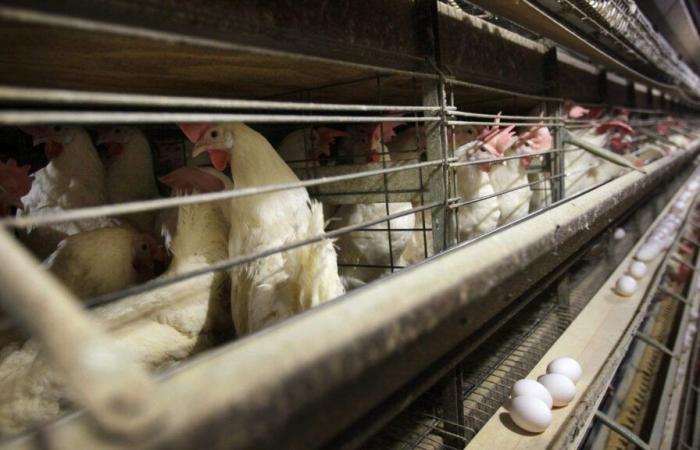The agency said in a statement that tests at Canada’s National Microbiology Laboratory in Winnipeg confirm that the teenager contracted H5N1 avian influenza, the same strain linked to viruses found on British Columbia poultry farms during the current outbreak in this province.
The Public Health Agency of Canada says it was informed Saturday by the office of British Columbia’s provincial health officer that a teenager had been hospitalized and tested for H5 avian influenza was “presumed positive”.
Dr. Theresa Tam, Canada’s chief public health officer, said Wednesday that authorities are working with human and animal health partners to investigate. She stressed that “we must remain vigilant in our efforts to prevent the spread of avian influenza between animals and among humans.”
“Our hearts go out to the sick teenager,” she said in an interview with The Canadian Press.
“This reminds us that the H5N1 virus can cause a range of illnesses, from asymptomatic to severe, and that we need to take this virus seriously, even though it is zoonotic transmission from animal to animal. humans, because it can have serious consequences for the infected person,” she added.
Dr. Bonnie Henry, British Columbia’s chief public health officer, said at a news conference Tuesday that the teen, who is from the Fraser Health region, was in critical condition and “suffering from distress.” acute respiratory syndrome.
His condition did not change on Wednesday, according to a British Columbia public health spokesperson.
The teen did not previously suffer from any pre-existing conditions that would explain the severity of his illness. Dr Henry said the young man did not live on a farm or have any contact with commercial poultry farms. The source of infection may therefore never be determined.
Tam said field epidemiologists were looking for potential sources of exposure for the teenager.
The investigation “could take some time,” she argued, because no one has been able to directly question the teen about where he might have been infected.
“We can’t talk to the patient because he is very ill. The good news is that, so far, none of the close contacts, such as family members, have tested positive.”
There was already a case of avian flu in humans reported in Canada in 2014, in Alberta, and the infected person ultimately died. Health authorities determined in this case that the victim likely contracted the H5 virus during a trip to China.
British Columbia’s commercial poultry sector has been hit by outbreaks of avian flu in recent years. Around 6.4 million domestically farmed birds have been slaughtered since spring 2022.
Most outbreaks reported in recent months in British Columbia have occurred in the Fraser Valley.






